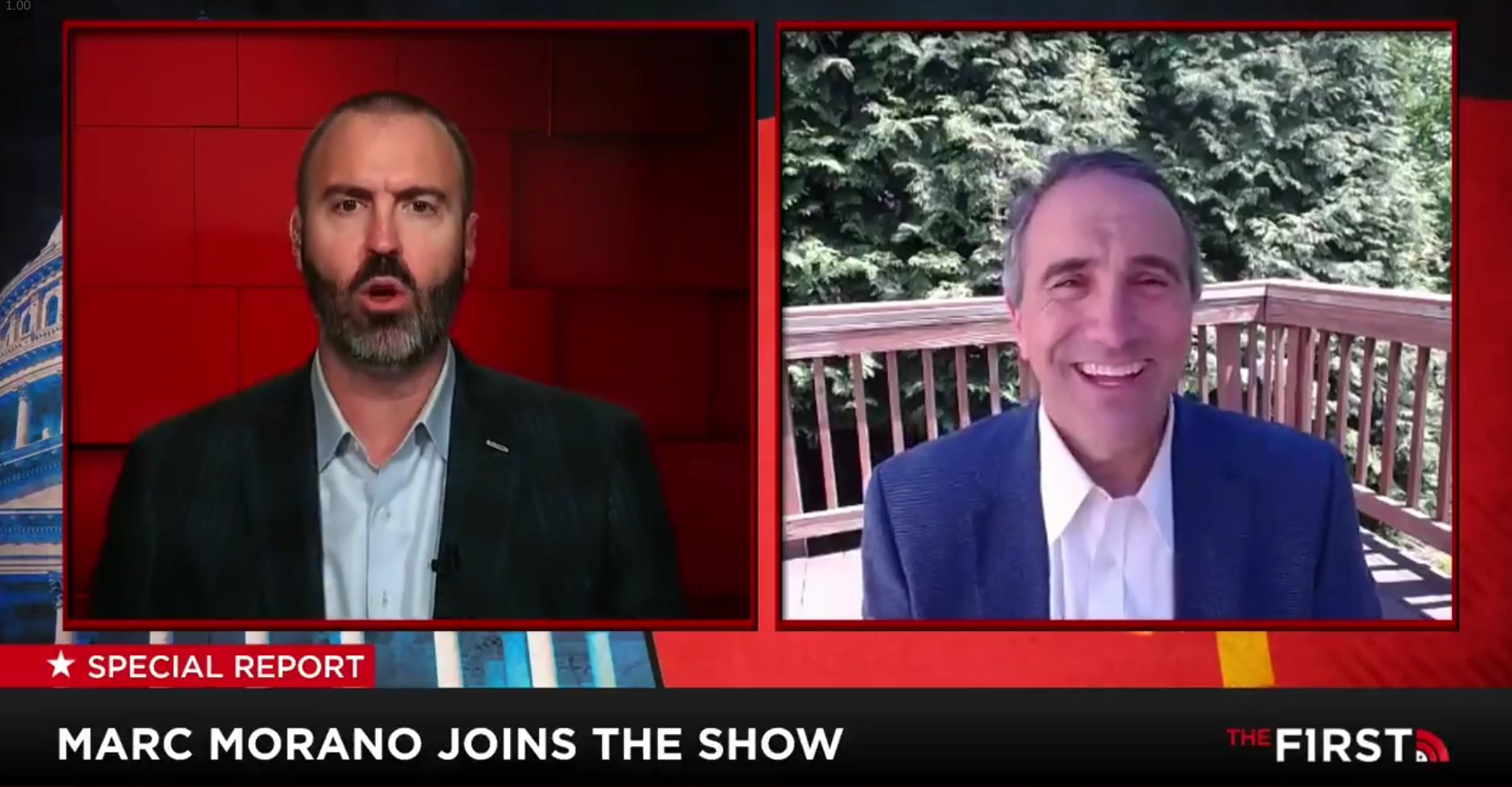https://www.cfact.org/2019/07/14/socialists-weapon-of-choice-climate-alarmism/
Socialists’ weapon of choice: Climate alarmism
In 1988, just two decades following alarming news headlines about the coming of the next Ice Age, the United Nations rapidly established a Framework Convention on Climate Change (FCCC) to organize conferences, along with an Intergovernmental Panel on Climate Change (IPCC) to conduct scientific studies regarding a brand new impending catastrophe.
This reverse climate crisis, a global warming calamity, was assuredly even worse than the previous opposite one. And right from the git-go, IPCC had already attributed its causes to human CO2 emissions and underlying carbon-fueled excesses of capitalist prosperity.
Maurice Strong, who organized the first FCCC Earth Climate Summit (1992) in Rio de Janeiro, Brazil, suggested a solution to this dire dilemma — “We may get to the point where the only way of saving the world will be for industrialized civilization to collapse.”
Strong left no doubt about where to place blame for global problems.
As he stated in the conference report, “It is clear that current lifestyles and consumption patterns of the affluent middle class . . . involving high meat intake, consumption of large amounts of frozen and convenience foods, ownership of motor vehicles, golf courses, small electric appliances, home and work place air-conditioning, and suburban housing are not sustainable . . . A shift is necessary toward lifestyles less geared to environmentally damaging consumption patterns.”
Addressing the same Rio audience, former U.S. Sen. Timothy Wirth, D-Colo., then representing the Clinton-Gore administration as U.S. Undersecretary of State for Global Issues agreed, “We have got to ride the global warming issue. Even if the theory of global warming is wrong, we will be doing the right thing in terms of economic policy and environmental policy.”
The Rio conference ratified a non-binding action plan known as the “Sustainable Development Agenda.”
More simply referred to as “Agenda 21,” it called for ” . . . a profound reorientation of all human society, unlike anything the world has ever experienced — a major shift in the priorities of both governments and individuals and an unprecedented redeployment of human and financial resources.”
A 1993 Agenda 21 report emphasized that “This shift will demand a concern for the environmental consequences of every human action be integrated into individual and collective decision-making at every level.”
The Rio Earth Summit also codified the U.N. FCCC theme for the famous (or infamous) Kyoto Protocol, which the U.S. wisely refused to ratify. The plan established a global value and individual nation caps on CO2 emissions. Countries that produced more than their allocated shares could then purchase credits from cap-exempted less-industrialized countries.
The hot air trading scam represented a hugely lucrative market opportunity for influential lobbyists such as Al Gore’s London-based Generation Investment Management (GIM), a major Chicago Climate Change (CCX) stockholder, along with Maurice Strong who served on the CCX board.
Climate scaremongering serves as a central strategy of the U.N.’s global governance wealth redistribution agenda.
As then-Canadian Minister of the Environment Christiana Figueres told the Calgary Herald in 1988, “No matter if the science of global warming is all phony . . . climate change [provides] the greatest opportunity to bring about justice and equality in the world.”
Speaking in her capacity as FCCC’s Executive Secretary at a 2015 climate conference in Brussels, Figueres said, “This is the first time in the history of mankind that we are setting ourselves the task of intentionally, within a defined period of time, to change the economic development model that has been reigning for at least 150 years, since the industrial revolution.”
In 1996, former Soviet Union President Mikhail Gorbachev confirmed the importance of using climate alarmism to advance socialist Marxist objectives — “The threat of environmental crisis will be the international disaster key to unlock the New World Order.”
Former President Jacques Chirac of France shared that priority.
Speaking in 2000, he said, “For the first time, humanity is instituting a genuine instrument of global governance, one that should find a place within the World Environmental Organization which France and the European Union would like to see established.”
Speaking in 2010, IPCC official Ottmar Edenhofer offered some clear advice to all of us: ” . . . one has to free oneself from the illusion that international climate policy is environmental policy. Instead, climate change policy is about how we redistribute de facto the world’s wealth . . . ”
Addressing the same 2009 FCCC Copenhagen conference where Secretary of State Hillary Clinton pledged to commit $100 billion annually to the “poorest and most vulnerable [nations] among us” to help them fight climate change, then-Venezuelan President Hugo Chavez rallied the audience with a rousing proclamation that “The destructive model of capitalism is eradicating life.”
Chavez explained, “Our revolution seeks to help all people . . . Socialism, the other ghost that is probably wandering around this room, that’s the way to save the planet; capitalism is the road to hell . . . Let’s fight against capitalism and make it obey us.”
So okay, how’s all that working out for Venezuela?





